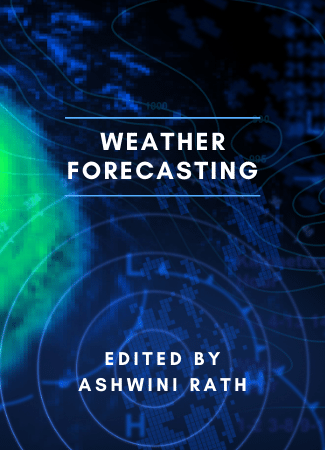
Weather Forecasting
Understand the science of the forecasting of weather.
Weather forecasting means predicting the climate by applying physics ideas, supplemented with statistical and empirical techniques. In addition to predictions of atmospheric phenomena themselves, weather forecasting consists of forecasts of modifications on the Earth's surface climate. These changes are because of atmospheric conditions like snow and ice cowl, hurricane tides, and floods.
Table Of Contents
1
Introduction
Weather forecasting means predicting the climate by applying physics ideas, supplemented with statistical and empirical techniques.
Last updated on: Apr 21, 2021
2
Practical Applications
Systematic weather information was kept after discovering the gadgets for measuring atmospheric situations for the seventeenth century.
Last updated on: Apr 21, 2021
3
Establishment of Weather-Station Networks and Services
As computing power grew, so did the complexity, speed, and capability to detail the weather and climatic fashions.
Last updated on: Apr 21, 2021
4
Weather Prediction / Forecast
Weather Forecasting serves many purposes and desires. It can help people and agencies to devise for the future and to make rational decisions.
Last updated on: Apr 21, 2021
5
Meteorologists in Weather Prediction
Meteorologists can recognise how the ecosystem adjustments over the years in reaction to various factors.
Last updated on: Apr 21, 2021
6
Forecast Range Types
A brief-variety forecast is a weather forecast made for a term as much as 48 hours.
Last updated on: Apr 21, 2021
7
Challenges of Tropical Weather Forecasting
Tropical weather is tough to forecast.
Last updated on: Apr 21, 2021
8
Conclusion
Weather forecasts still have their boundaries regardless of the modern era and progressed strategies to expect the weather.
Last updated on: Apr 21, 2021